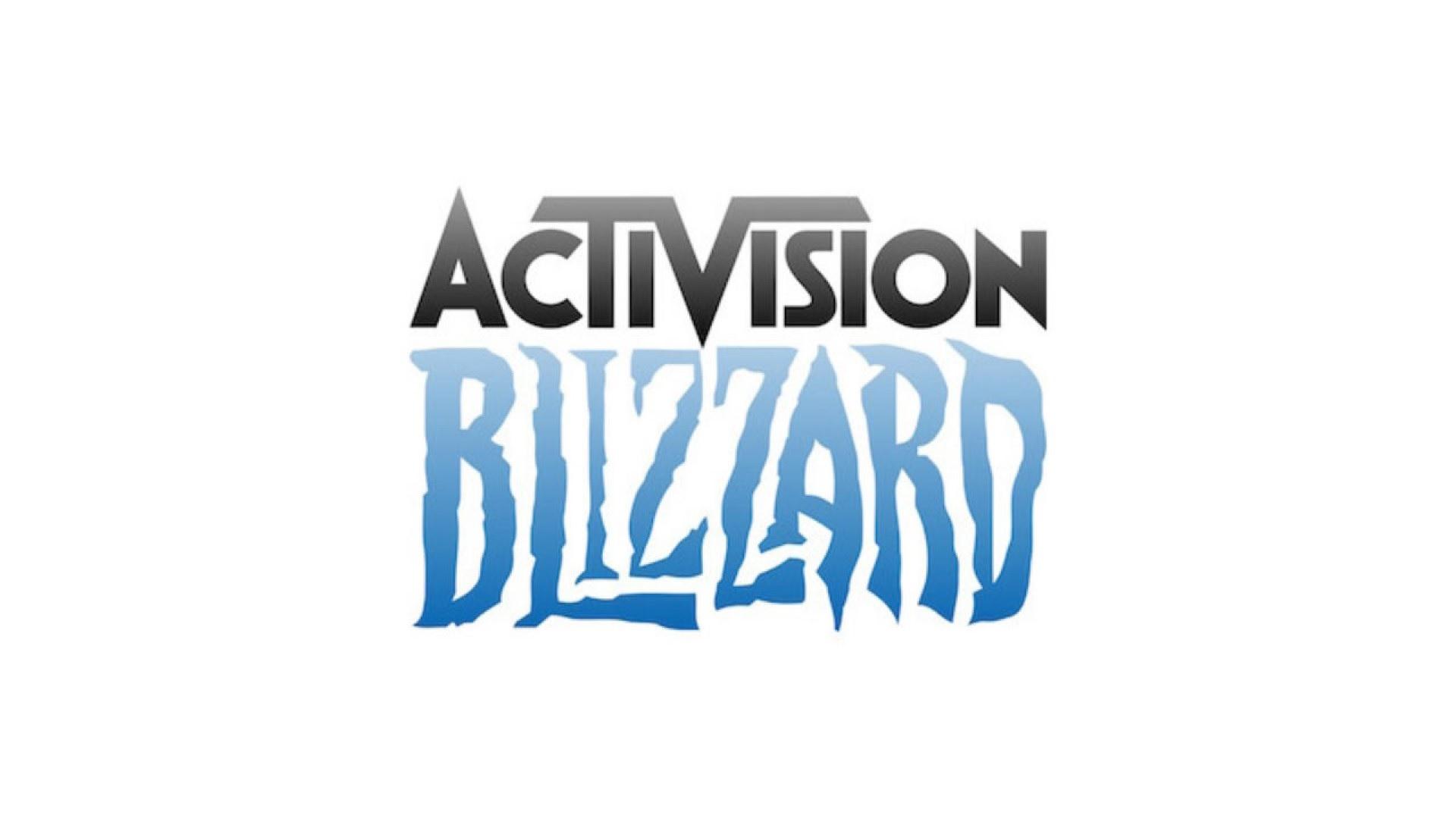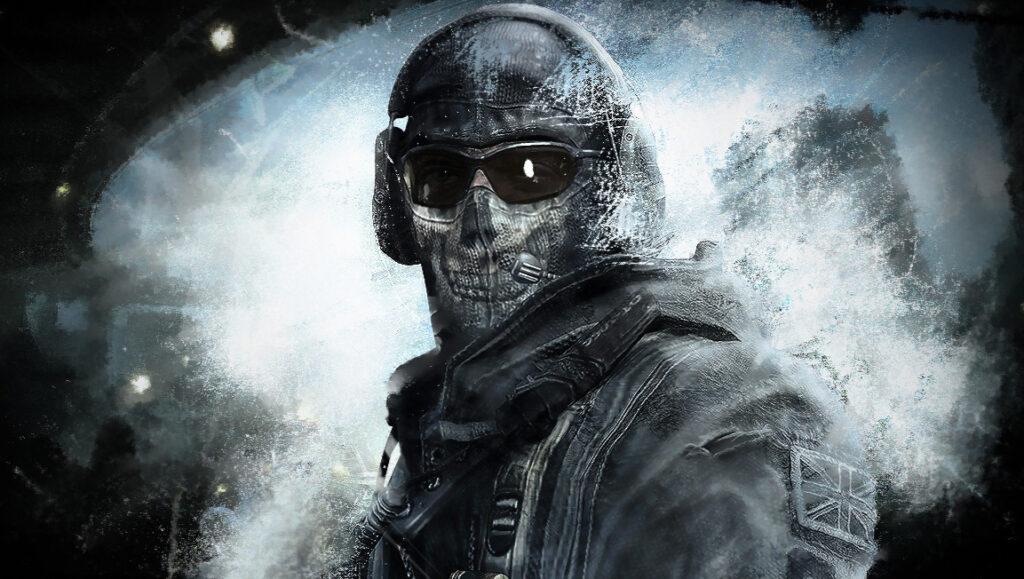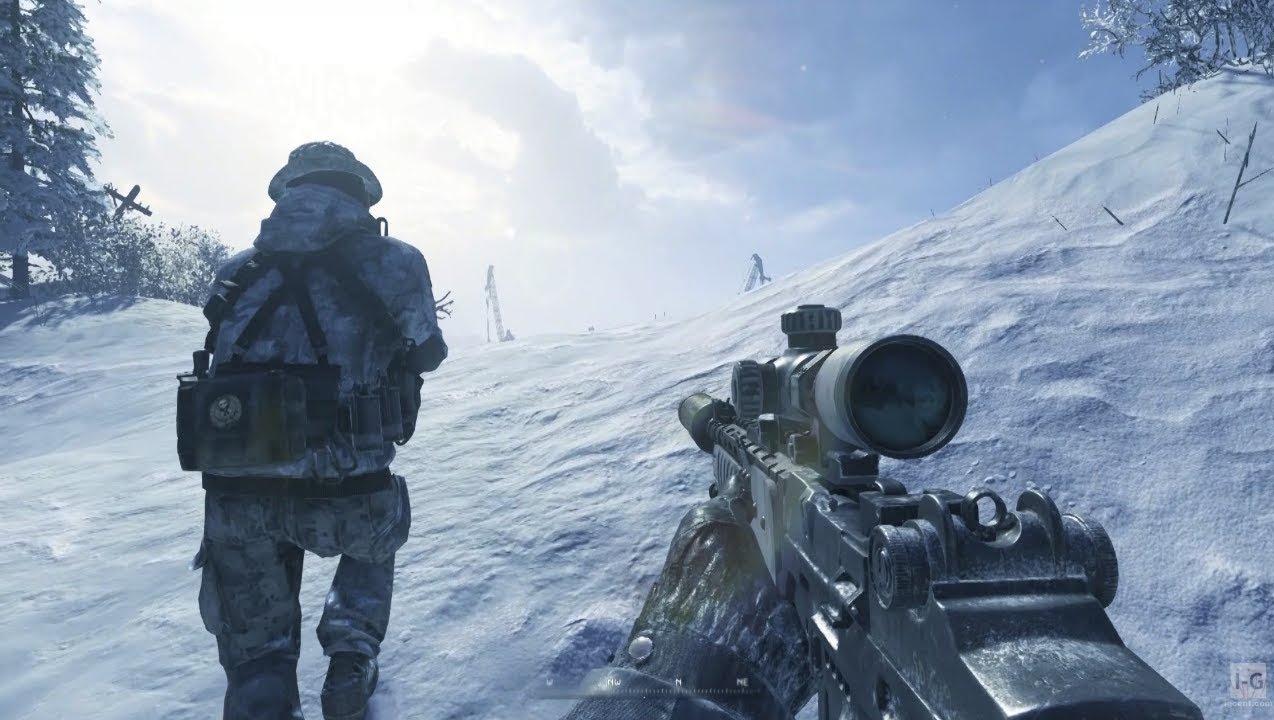
The history of Activision Blizzard and why it’s so hated
Activision Blizzard is one of the biggest publishers in the video game industry, but its journey wasn’t a quick one.
Activision is over 40 years old now with a history that spans almost every major western video gaming platform. Alongside this is almost peerless financial sway, with much of the company’s success being driven by massive acquisitions. The biggest buyout of all was the creation of Activision Blizzard through a merger with holding company and publisher Vivendi Games.
Since the formation of the company, it has become one of the most controversial video game developers in the industry. Here’s the history of Activision Blizzard and how it got where it stands today.
Activision Blizzard history
- Company Name: Activision Blizzard, Inc.
- Ticker Symbol: ATVI
- Founded: July 10, 2008
- Headquarters: Santa Monica, California, USA
Activision Blizzard was formed in 2008 with Activision’s acquisition of Blizzard. Activision was first formed in 1979 by former developers from Atari. The company rebranded as Mediagenic in 1988 and unsuccessfully attempted to pivot into other areas of software development. The company experienced a significant downturn and was then purchased in 1991 by a group of investors led by CEO Bobby Kotick. It was rebranded back to Activision after this.
Activision was restructured under Kotick and became profitable again in 1997 thanks in large part to the success of the MechWarrior series. This growth was followed by acquisitions of several notable studios including Raven Software, Neversoft, and Infinity Ward. This gave way to Activision creating a slew of notable titles between 2000 and 2005 including Tony Hawk’s Pro Skater and Call of Duty.

The pattern of blockbuster releases and acquisitions continued until 2008 when Activision merged with Vivendi Games, a subsidiary of media conglomerate Vivendi SA. The Los Angeles-based publisher became the parent company of Blizzard and Sierra Entertainment. Vivendi maintained a majority stake in the newly minted Activision Blizzard, but Kotick remained in place as CEO.
Vivendi maintained a majority stake in the company until 2013 when most of Vivendi’s shares in the company were bought out.
Activision Blizzard’s development efforts were narrowed down over time to its biggest IPs. It continues to absorb other development studios despite this, most notably absorbing Candy Crush creator King in 2018.
Why is Activision Blizzard hated by so many?
Activision Blizzard has a poor reputation with many due to numerous scandals surrounding Bobby Kotick, reports of sexual misconduct within the company, and critically panned releases.
In 2017, the company began regularly laying off staff in small numbers. In early 2019 this accelerated to the point where it laid off nearly 800 people despite reporting a strong year to investors. More rounds of layoffs followed in the years that followed, with anywhere from dozens to hundreds being laid off at a time.

Alongside this were a number of controversial moves by the company. Foremost among them was the banning and penalizing of pro-democracy Hearthstone competitor Chung “Blitzchung” Ng Wai.
In 2021 things hit another level when the California Department of Fair Employment and Housing sued Activision Blizzard for allegedly rampant sexual harassment in its offices. This put a new light on past reports regarding Kotick ignoring sexual misconduct including firing a woman who reported sexual harassment by his private jet’s pilot in 2010. That accusation was followed by fresh reports that he had threatened to kill an assistant over the phone.
Why did Microsoft buy Activision Blizzard?
Microsoft made moves to acquire Activision Blizzard to acquire its IPs and expand the Game Pass service’s presence on PC.
Despite the numerous controversies surrounding Activision Blizzard, it remains a force across multiple platforms. This makes it a potentially valuable investment for Microsoft, which has enjoyed major success with its Game Pass subscription service. Though Game Pass is available on PC and mobile devices, the service is mostly associated with the Xbox game console.
By acquiring Activision Blizzard, Microsoft hugely expands its footprint in the realm of PC gaming. It also has the potential to make many of the company’s IPs exclusive to Xbox in the future.
Recommended

Can a VPN really lower your game ping? Myths vs. reality
Do you really need it?

MrBeast takes action on Ava controversy, responds to allegations
MrBeast has launched a private probe.








